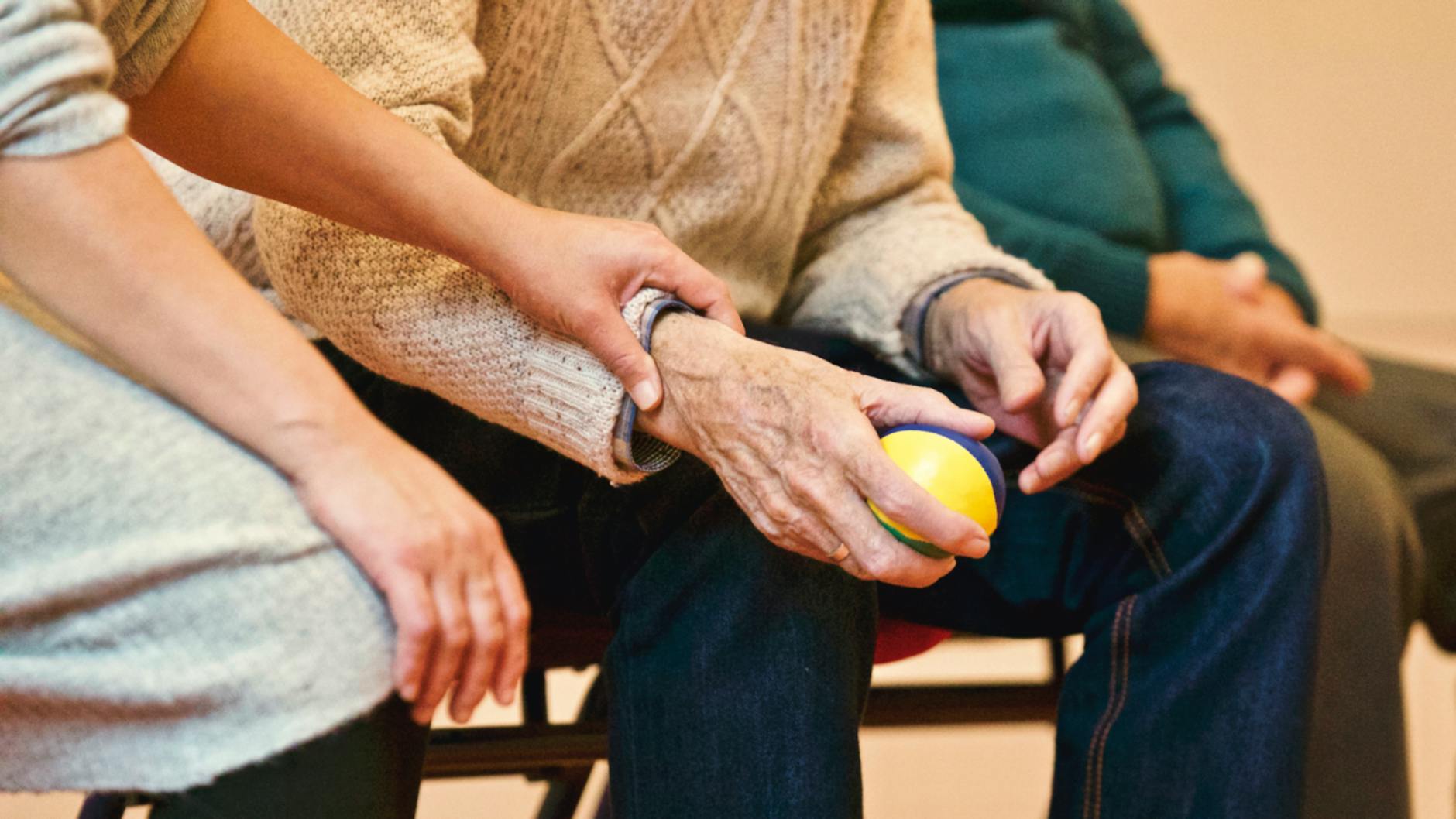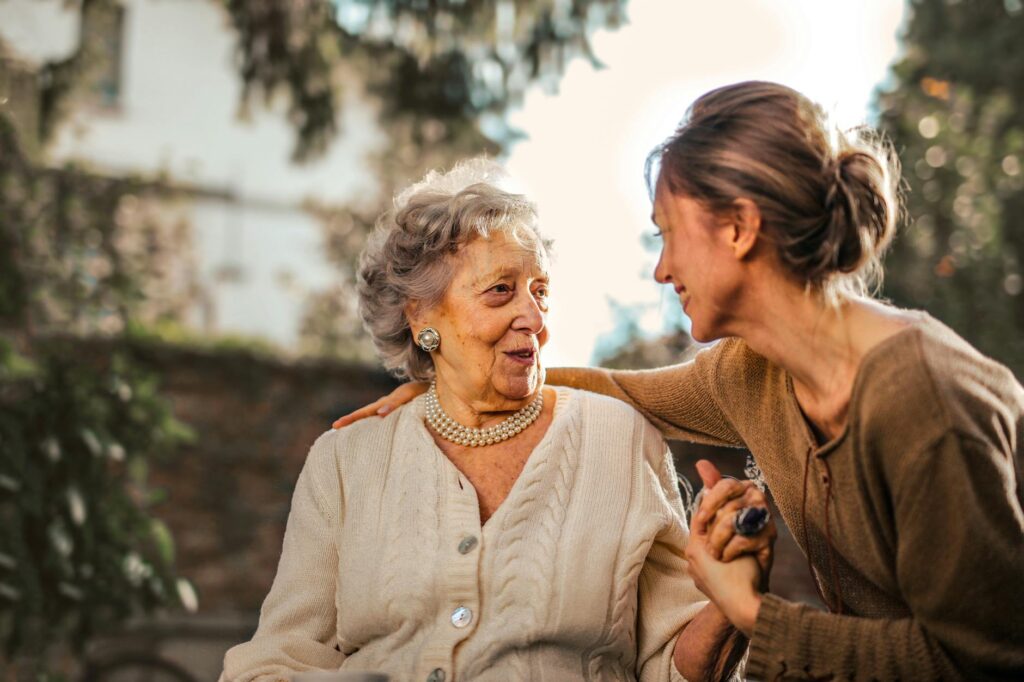What is an Elderly Care Service
Ever wondered why 87% of adult children feel overwhelmed when choosing care for their aging parents? It’s like being handed a map in a foreign language while blindfolded.
Navigating elderly care services shouldn’t feel like solving a Rubik’s cube underwater. You deserve clear answers about what these services actually include, who they’re for, and how to find the right fit.
At its core, an elderly care service provides essential support for seniors who need assistance with daily activities, health management, or companionship. These services range from in-home help to full residential facilities.
But here’s what most websites won’t tell you about elderly care: the cheapest option often becomes the most expensive in ways that have nothing to do with money…
Understanding Elderly Care Services Fundamentals

Definition and Scope of Professional Elder Care
Elder care isn’t just about helping grandma take her pills. It’s specialized support designed to meet the unique needs of aging adults. These services range from basic assistance with daily activities to complex medical care, all aimed at promoting dignity, independence, and quality of life for our seniors.
Key Differences Between Care Types: In-Home vs. Facility-Based
Home care keeps seniors in familiar surroundings with personalized attention, but lacks 24/7 supervision. Facility care offers round-the-clock support and social opportunities, though it means leaving home behind. The choice often boils down to care needs, budget, and the senior’s preferences. Most families agonize over this decision—and rightfully so.
How Modern Elderly Care Has Evolved Since 2020
The pandemic changed everything in elder care. Virtual health monitoring, telehealth appointments, and AI companions have exploded since 2020. We’ve seen a massive shift toward home-based solutions, stricter infection controls, and tech integration that keeps seniors connected. The industry finally realized that isolation kills just as surely as disease does.
The Growing Importance of Elder Care in an Aging Society
Baby boomers are hitting retirement age in record numbers, creating an unprecedented demand for elder care services. By 2030, all boomers will be over 65, representing nearly 20% of the US population. This “silver tsunami” is stretching our care systems thin while simultaneously creating innovative solutions and economic opportunities we couldn’t have imagined a decade ago.
Finding the Right Care Solution for Your Loved One
Choosing elder care isn’t one-size-fits-all. Start by honestly assessing your loved one’s needs—physical, emotional, and social. Consider their preferences alongside your family’s resources. The best solutions often combine multiple approaches, creating a patchwork of support that evolves as needs change. Remember, it’s a marathon, not a sprint.
Comprehensive Services Offered in Elderly Care

A. Daily Living Assistance and Personal Care Support
Ever noticed how everyday tasks become mountains to climb for our seniors? From bathing and dressing to simply getting out of bed, elderly care services step in with compassionate hands. Caregivers become extended family, helping with grooming, toileting, and mobility while preserving dignity every step of the way.
B. Medical Monitoring and Medication Management
Keeping track of pills, schedules, and dosages isn’t just confusing—it can be downright dangerous for seniors. Professional care services tackle this head-on with systematic medication management systems. They’re vigilant about vital signs, symptom tracking, and coordinating with doctors, creating that crucial safety net many families desperately need.
C. Specialized Memory Care for Dementia and Alzheimer’s Patients
The journey through memory loss is heartbreaking for everyone involved. Specialized memory care programs create structured environments with trained staff who understand cognitive decline’s unique challenges. Through validation therapy, sensory activities, and secured living spaces, these services provide what regular care simply cannot.
D. Mobility Support and Fall Prevention Programs
One fall can change everything for a senior. That’s why mobility support isn’t optional—it’s essential. Care services implement personalized exercise programs, home modifications, and proper transfer techniques. They’re constantly assessing risk factors and providing the right walking aids, making independence safer for aging loved ones.
E. Nutritional Planning and Meal Services
Food is medicine, especially for seniors. Professional care services develop customized meal plans considering medical conditions, preferences, and nutritional needs. Beyond just cooking, they monitor hydration, assist with feeding when needed, and transform mealtime from a challenge into a pleasurable experience seniors look forward to.
Finding the Right Elderly Care Solution

A. Assessing Your Loved One’s Specific Needs
Figuring out what your aging parent actually needs isn’t black and white. Watch their daily routine. Can they shower alone? Are they forgetting medications? Do they need companionship or medical supervision? The right care solution perfectly matches their actual limitations—not what you assume they need. Trust your gut but verify with observations.
B. Evaluating Care Provider Qualifications and Certifications
Don’t just take their word for it—check those credentials. Quality providers proudly display certifications, background checks, and specialized training. Ask about their experience with conditions similar to your loved one’s. The best caregivers combine technical know-how with genuine compassion. Request references and actually call them. Their past clients tell the real story.
C. Understanding Cost Structures and Financial Planning Options
The sticker shock of elderly care can knock you sideways. Beyond the base rate, ask about hidden fees for weekends, holidays, or extra services. Many families miss out on financial assistance simply because they didn’t know to ask. Veterans benefits, long-term care insurance, and Medicaid waivers might significantly reduce your out-of-pocket costs. Start planning yesterday.
D. Reading Between the Lines in Service Agreements
That contract isn’t just paperwork—it’s your protection. Scrutinize cancellation policies, replacement caregiver provisions, and emergency protocols. The fine print reveals what happens when things go sideways. A quality provider welcomes questions about their agreement. If they get defensive or vague, consider it a red flag. Your peace of mind depends on clarity here.
Benefits of Professional Elderly Care

✅ Medical Support – Trained caregivers manage medications and monitor health conditions.
✅ Personal Assistance – Help with daily tasks like bathing, dressing, and eating.
✅ Safety and Supervision – Prevents falls and ensures emergency help when needed.
✅ Emotional Support – Companionship reduces loneliness and depression.
✅ Specialized Care – Tailored support for conditions like dementia or Alzheimer’s.
✅ Improved Quality of Life – Seniors maintain dignity, comfort, and well-being.
✅ Peace of Mind for Families – Loved ones feel secure knowing elders are well cared for.
✅ Promotes Independence – Helps elderly stay active and self-reliant within their limits.
Navigating Elderly Care Challenges
⚠️ Health Complications – Managing chronic illnesses, mobility issues, or cognitive decline can be demanding.
🕒 Time Commitment – Providing consistent care often requires significant time and energy from family members.
💸 Financial Strain – Elderly care services, medications, and medical equipment can be expensive.
🧠 Emotional Stress – Caregivers may experience burnout, anxiety, or guilt, especially in long-term care situations.
📚 Lack of Information – Families may struggle to understand care options, legal matters, or benefits available.
🧍 Resistance to Help – Elderly individuals may resist accepting assistance or care due to pride or fear.
🧩 Coordinating Resources – Managing doctors, home care services, and support networks can be complex.
🏡 Safety Concerns at Home – Modifying living spaces to prevent falls or accidents is often necessary.





